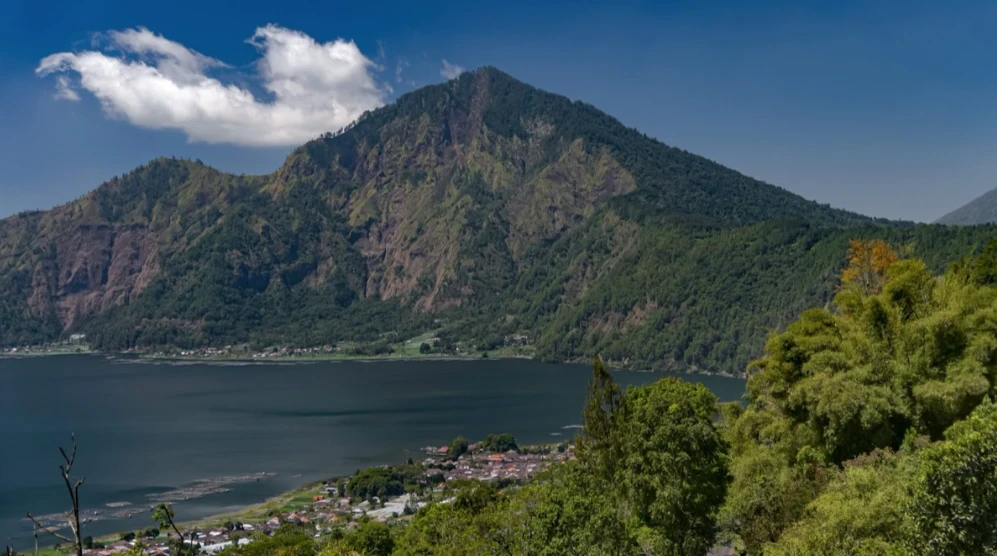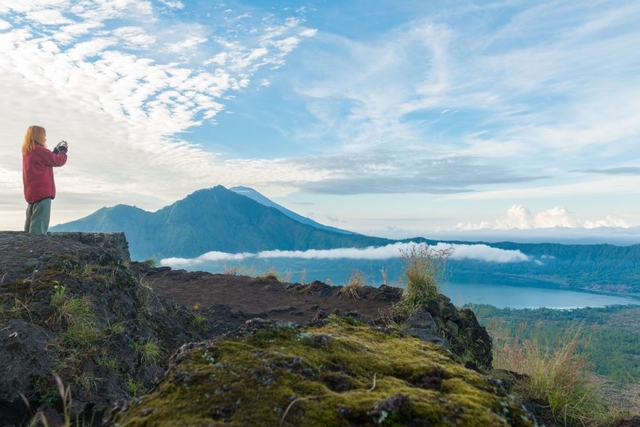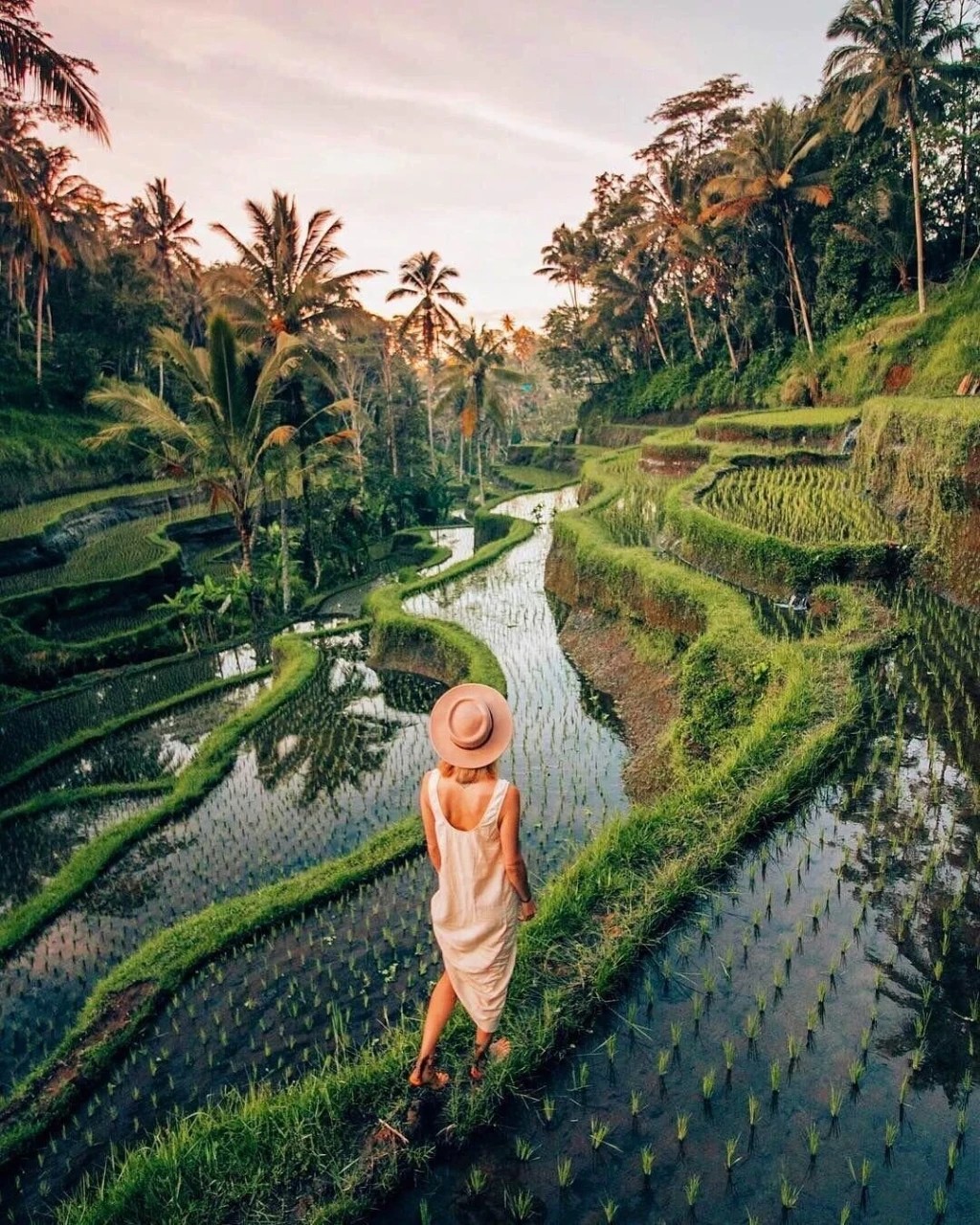Despite guidebooks still describing Lake Batur as one of the most eco-friendly places on the island, it no longer holds that status.
According to experts, pollution there is approaching critical levels, largely due to the fishing activities heavily promoted to tourists and the less-than-eco-friendly methods of fish farming. To preserve this unique natural reservoir, the Balinese authorities have decided to launch a cleanup initiative.

Lake Batur, the largest crater lake in the world, is situated at the foot of the Batur volcano. Despite swimming being prohibited, the lake has recently been attracting large numbers of tourists. Many visit the Kintamani area, where the lake is located, to hike up the volcano, visit hot springs, or dine at one of the scenic cafes offering magnificent views of the volcano, lake, and surrounding area.
As a result, the region is undergoing rapid development. Entrepreneurs are investing in the area by building new cafes, guest houses, and restaurants. However, few are paying attention to the state of the environment. Meanwhile, researchers from the Ministry of Environment and Forestry (LHK) have found that the condition of Lake Batur is currently critical, and if nothing is done, the consequences could be irreversible. The shores of the lake are also in poor condition, suffering from erosion.
During the World Water Forum, the Indonesian government committed to restoring Lake Batur for the sake of public health, ecology, and tourism. Inge Retnowati, Director of the Directorate of Rehabilitation for Inland Water Resources and Mangrove Forests at the Ministry of Environment and Forestry, stated that a total of fifteen lakes, including Lake Batur, have been included in the list of national priorities due to their critical condition.
Inge Retnowati believes that human activities along the shore could be the reason for the severe pollution of the lake. She stated, "Lake Batur is one of those lakes where efforts must be made to combat water pollution, both within the lake to address the consequences of fishing, and at the watershed (the lake's edges) to eliminate pollution caused by households and agricultural activities on the shore."
"There is nothing wrong with agriculture and fishing. However, the non-eco-friendly methods used need to be addressed," added Inge Retnowati.
She also pointed out that to preserve the lake, it is necessary to monitor cleanliness in the adjacent watershed areas. Everything in these areas flows into the lake, including pollutants that contribute to sedimentation and shallowing.
Retnowati concluded that monitoring human activities in and around the water sources is crucial for the island, as they are used in agriculture, fishing, transportation, and energy production. Water resources are vital not only for humans but also for plants and animals.
"Conducting activities in watershed areas and bodies of water is not inherently wrong. However, these activities must be carried out in environmentally safe ways and under sustainable management," she explained.
The Indonesian government plans to clean waters in a total of 15 lakes around the country. The water from these lakes will then be used to provide clean water to approximately 370,000 homes in Indonesia. The project, costing 1.2 trillion Indonesian rupiahs, will be implemented this year. Lake Batur in Bali is one of the water sources included in this list.


You can add one right now!